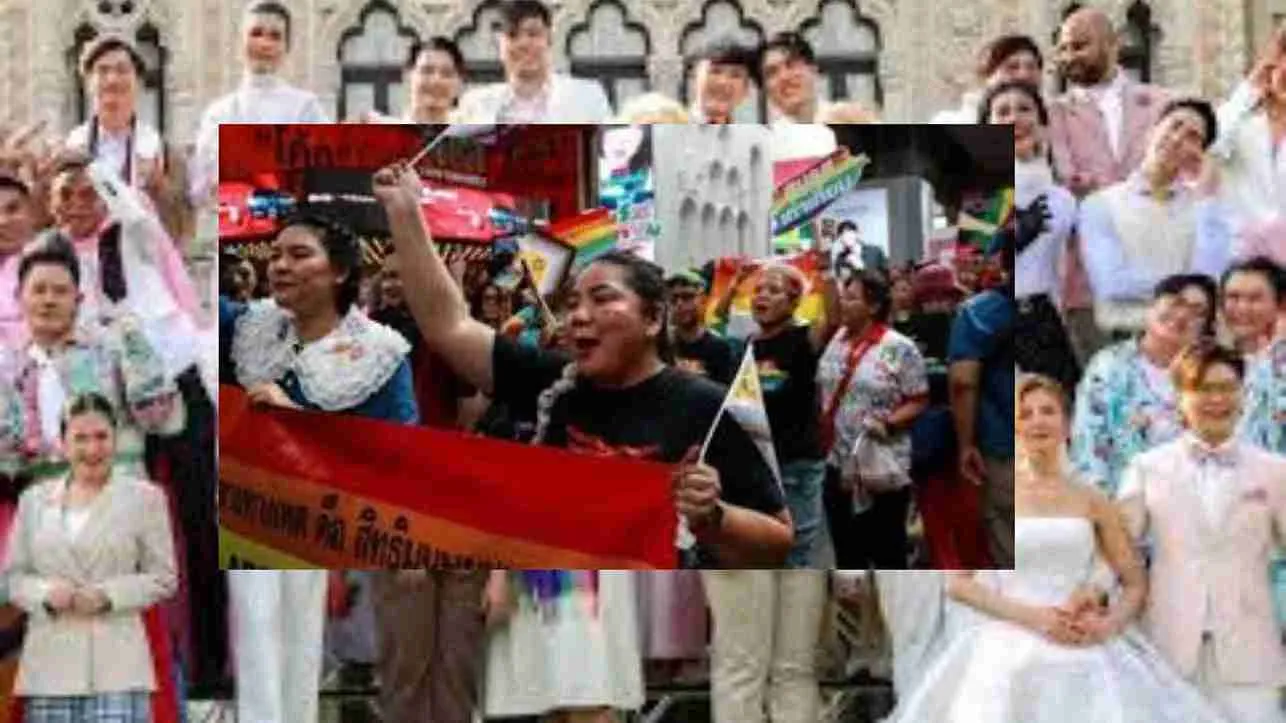The Pakistan Supreme Court has stated that an individual convicted of a crime cannot contest an election unless the sentencing decision is suspended. The court also emphasized that a case lacking any criminal aspect should not proceed if the petitioner passes away.
A three-member bench, led by Chief Justice Qazi Faez, addressed two separate matters, disposing of the application from former Balochistan finance advisor Khalid Langove seeking participation in the general elections.
During Langove’s appeal hearing, Chief Justice Qazi Faez made critical remarks about the National Accountability Bureau (NAB), stating that the anti-corruption agency had become a facilitator of corruption. He questioned why NAB did not appeal against a lenient sentence in a major corruption case involving the seizure of a significant amount of money from Langove’s house.
The petitioner’s lawyer argued that Langove desired to contest the general elections, urging the suspension of the decision.
The chief justice expressed the opinion that individuals with such backgrounds should be kept away from election participation, branding them as enemies of Balochistan.
Chief Justice Qazi Faez further remarked that NAB had not pursued a proper appeal against the lenient punishment, contrasting it with the agency’s approach in smaller cases. He reiterated his stance that NAB had transformed into a facilitator of corruption.
In a separate case, the bench upheld the disqualification of former Pakistan Muslim League-Quaid (PML-Q) lawmaker Khadim Hussain due to possessing a fake degree. Chief Justice Qazi Faez noted that the case concluded with the applicant’s death, suggesting it was better not to proceed further.
The petitioner’s lawyer asserted that the heirs insisted on hearing the case to clear the stain of a fake degree. He mentioned that Khadim Hussain had received education under the name of Muhammad Akhtar Khadim. Justice Muhammad Ali Mazhar commented that if the petitioner were alive, something could have been proven, but after his death, it was challenging for relatives to establish the correct name. Muhammad Akhtar Khadim, also known as Khadim Hussain, was elected to the National Assembly in 2008 but was subsequently disqualified by a court.
















